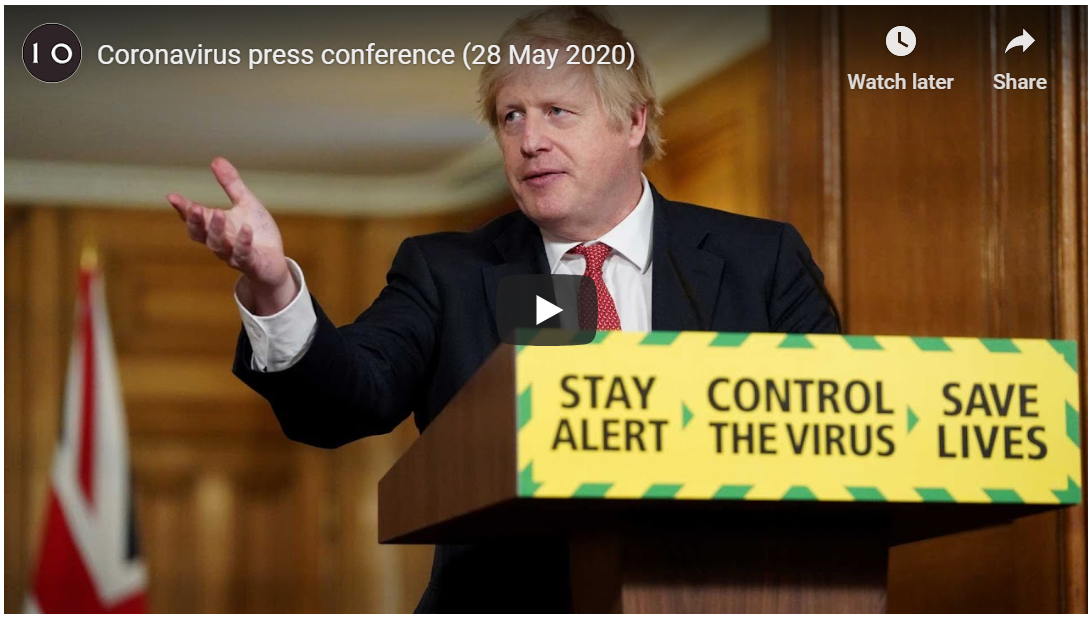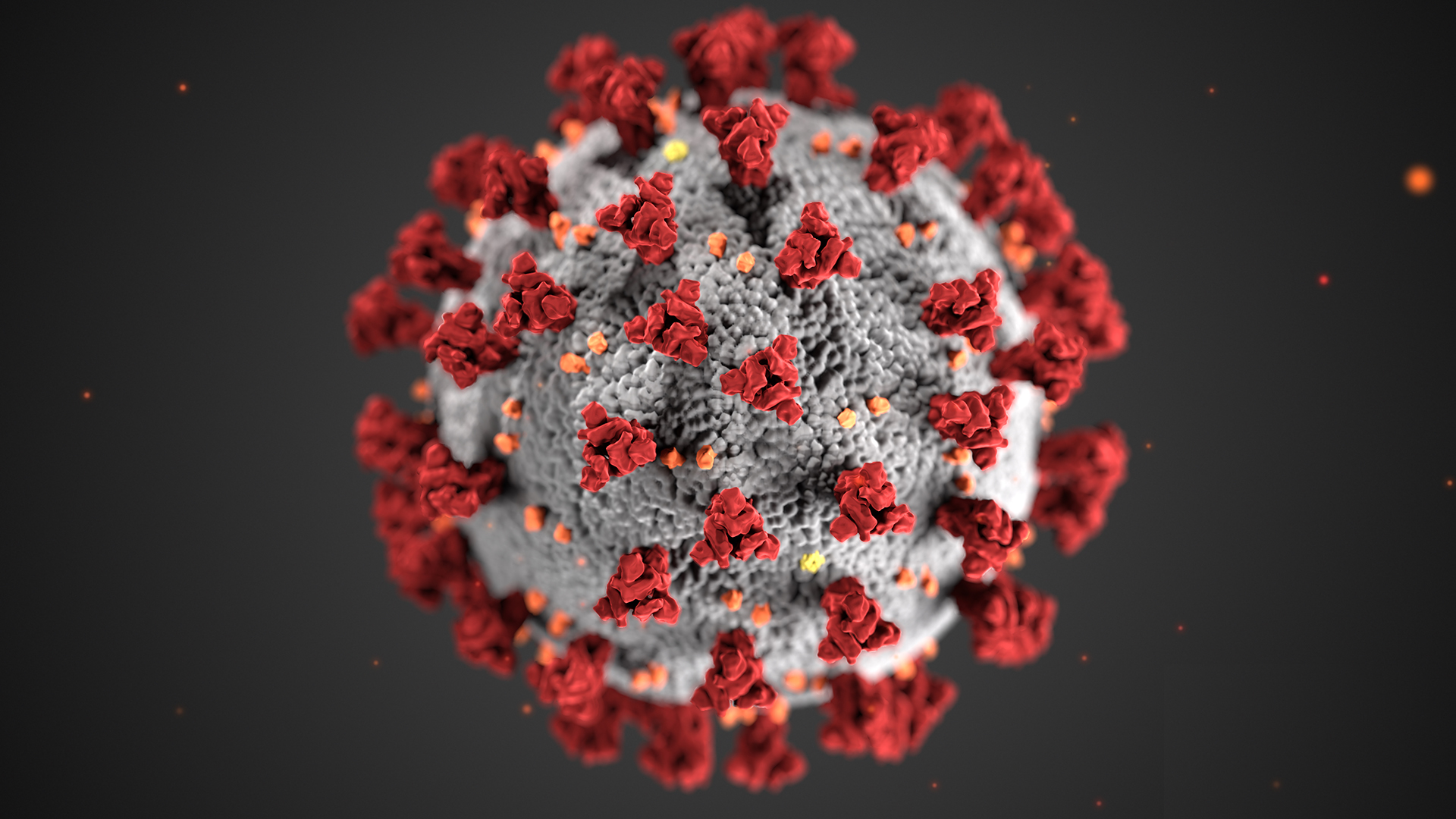Alanna Shaikh complains about the use and abuse of “sustainability” in development:
I also hate this word because it so many things to so many different people.
I am also uncomfortable about the notion of sustainability, but for slightly different reasons.
There seems to be a consensus that development assistance is only politically defensible if we assert that it is temporary. Our objective, we say, is to put ourselves out of work by creating conditions in which countries do not need our help. This leads to a cult of sustainability which is problematic for at least 3 reasons.
First, it leads us to choose interventions that are (or appear to be) time-limited even when there are more effective alternatives available. Some very effective development interventions can only be sustained in the poorest countries as long as donors are prepared to support them for many years to come – such as vaccination campaigns, increasing schooling or tariff reform. As a result, aid agencies tend to prefer short-term interventions over more effective but longer term partnership.
Second, it leads us to design interventions badly. For example, donors have pressed governments to introduce user charges (for health care, or schools) so that they can project an end to aid financing. But user charges reduces access to those services for the very poor, so reducing the benefits of the intervention and excluding the group that most needs the help.
Third, it pushes donors to over-claim the effects of what they can do. Staff in development agencies feel the need to claim that each aid programme is “transformational” or at least “catalytic” and every project description describes how it will accelerate economic growth and development. I’m doubtful, myself, that there is all that much we can do to make countries develop faster. But there is a lot that we can do to help people to live better lives while that process is taking place. But the cult of sustainability makes such interventions illegitimate.
Nonetheless, I understand why developing countries and donors are keen to see an end to the aid relationship. At its worst, it can corrode accountability and create dependence that all of us want to see ended.
These thoughts may seem contradictory. I reconcile them by believing that the richest people in the world have a duty to support the poorest people in the world – whether they are in the same country or not – as a matter of social justice rather than charity. This is a principle that we accept within our own countries – few of us think that we should aim to exit altogether from national insurance, state pensions or unemployment benefits in our own countries. The same principle should apply globally: there will always be people who are relatively rich and people who are relatively poor, and we should be aiming to evolve institutions which are effective at transferring income from the best off to the wost off around the world. And we will be doing that for the foreseeable future.



4 Comments
Alanna · October 11, 2008 at 4:07 am
Well said. Not everyone project can – or should – be sustainable. We need better thinking.
terence · October 11, 2008 at 4:19 am
Thanks Owen! The idea that ODA should be as much about welfare in the context of a global social contract as it is about sparking development is something I’ve been pondering lately. It’s really interesting to hear someone else articulate it.
Ben’s Blog » Blog Archive » Hear hear · October 13, 2008 at 2:09 am
[…] Owen says (as part of a reflection on the use and usefulness of the term sustainability in aid and development): … the richest people in the world have a duty to support the poorest people in the world – whether they are in the same country or not – as a matter of social justice rather than charity. […]
Owen abroad » Blog Archive » Development assistance as permanent global redistribution · November 17, 2008 at 2:59 am
[…] I argued the other day,it has become conventional to say that aid is temporary and transformational. There is political […]
Comments are closed.